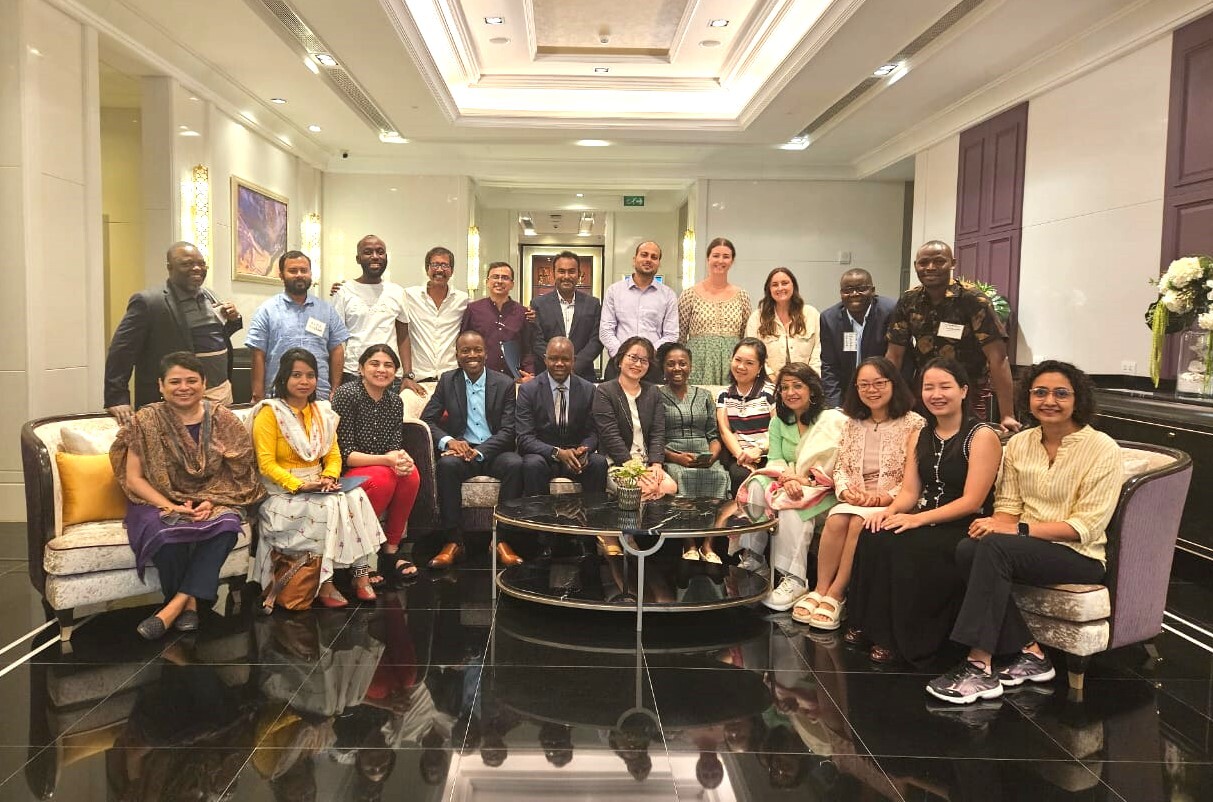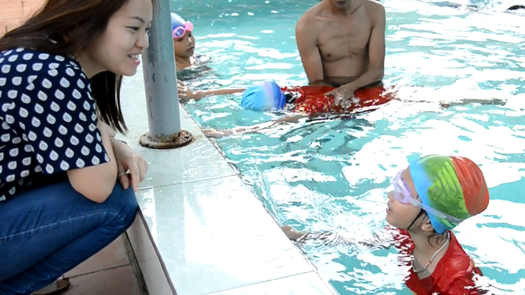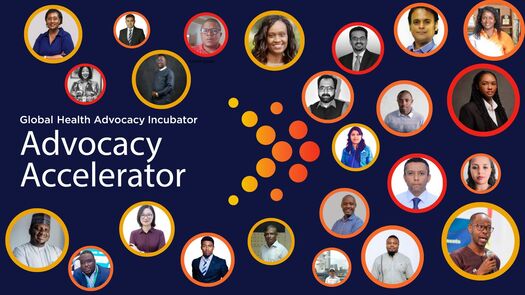November 3, 2025
September 30, 2024
Training Journalists to Become Advocates of Drowning Prevention
Drowning, though preventable, remains a significant threat globally. Death by drowning is a tragedy that claims more than 300,000 lives every year. It takes a devastating emotional and financial toll on families, 90% of which are in low-and middle-income countries. Thousands of families are devastated each year by drowning-related incidents, many of which could have been avoided through proper safety measures and public awareness. From coastal regions to inland water bodies, people of all ages are at risk. However, this issue tends to receive limited coverage that is largely episodic, overshadowed by more immediate public health crises.
Since 2018, the Global Health Advocacy Incubator (GHAI) has been working with Bloomberg Philanthropies and its partners to test and implement drowning prevention interventions and to raise awareness of the global burden, the importance of lifesaving interventions and the need for urgent government action. In our effort to highlight this neglected public health crisis, GHAI hosted a Toolkit for Journalists on Drowning Prevention workshop in Bangkok, Thailand on September 9-10, which welcomed 17 journalists from four countries: Bangladesh, India, Uganda, and Vietnam.
Journalists across the world, particularly those in high burden countries, play a crucial role in educating the public. The purpose of this workshop was to highlight the vital role that accurate, engaging and timely reporting can play in raising awareness of this preventable public health problem and encouraging national governments to adopt and implement prevention measures.

Becky Bavinger from Bloomberg Philanthropies kicked off the workshop with a special message for the journalists. Several expert sessions were hosted, including by Dr. Caroline Lukaszyk, Unintentional Injury Prevention, World Health Organization, who laid out the global burden, Dr. Sirirat Suwanrit, Director, Department of Injury Prevention, Ministry of Health, Thailand who shared drowning prevention interventions by the Thai government and Mr Adisak Suvanprakorn, Secretary General, Thai Life Saving Society, who gave many practical tips about prevention and rescue.
Throughout the two days, journalists participated in discussions, role plays and were able to test various tools that were designed specifically for the workshop. A country context mapping provided journalists with a framework to work out the scenario of drowning deaths of their own country – national or local. It triggered discussions and ideas about circumventing the challenge of unreliable or missing data. Journalists took part in role play sessions during which they pitched their articles to editors and CEOs of their media houses. A story framework session encouraged journalists to use their newly acquired perspective on drowning to develop a repository of story ideas. In the words of one participant, “For every hour, there are people drowning globally. This means that increased awareness, sensitization and reporting about drowning through different media outlets in different countries will significantly reduce cases of drowning around the world."
Another journalist lost no time in capturing the essence of the workshop in an article and is encouraging the health team to prioritize investigative articles on the issue. In the current context of diminishing media freedom, private ownership, algorithm dominated news, and market driven editorial decisions – workshops such as these play an important role in making journalists public health advocates.

Related News
View All NewsSeptember 10, 2025
Meet the Future of Domestic Budget Allocation for Health: The new Advocacy Accelerator Cohort
September 10, 2025



